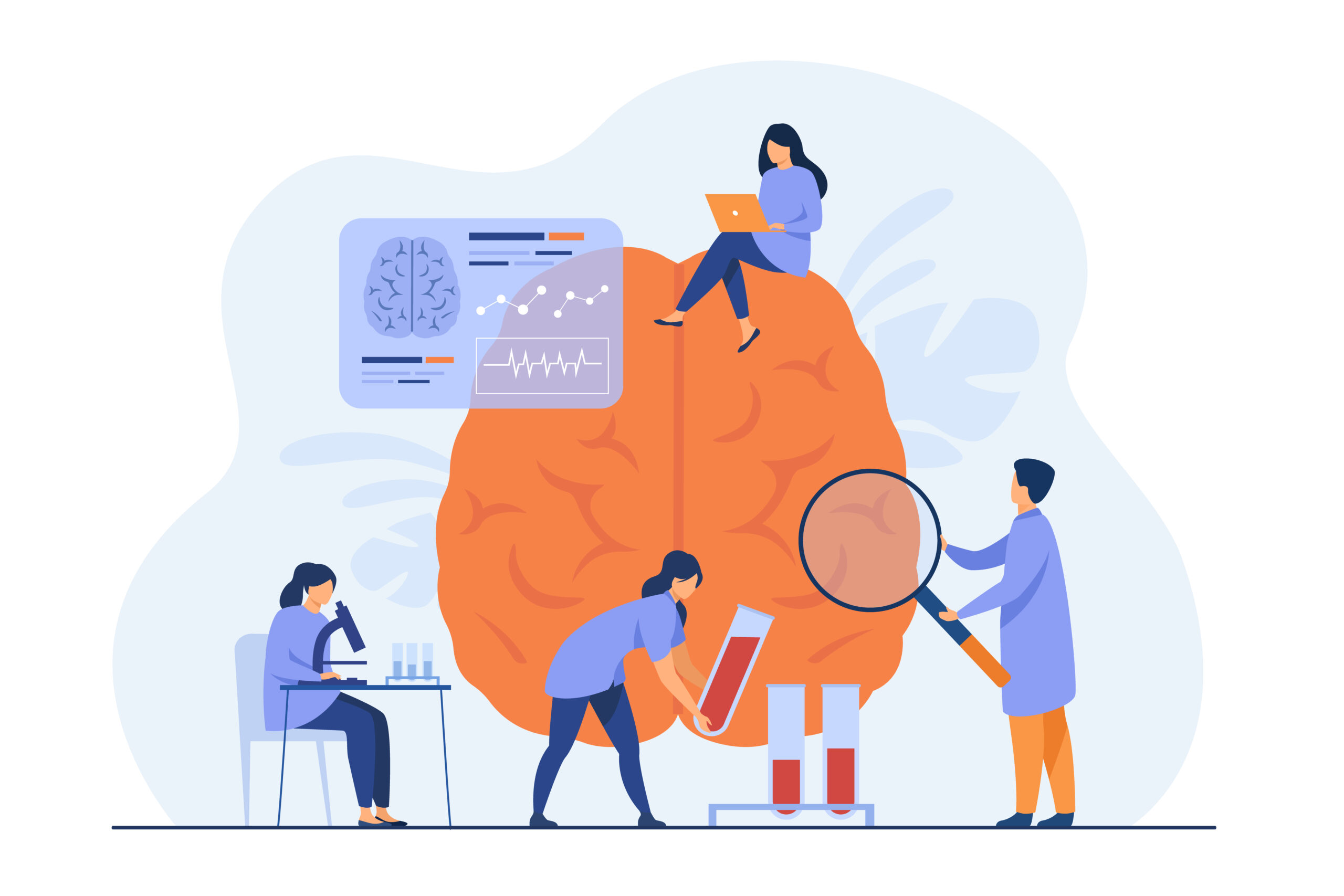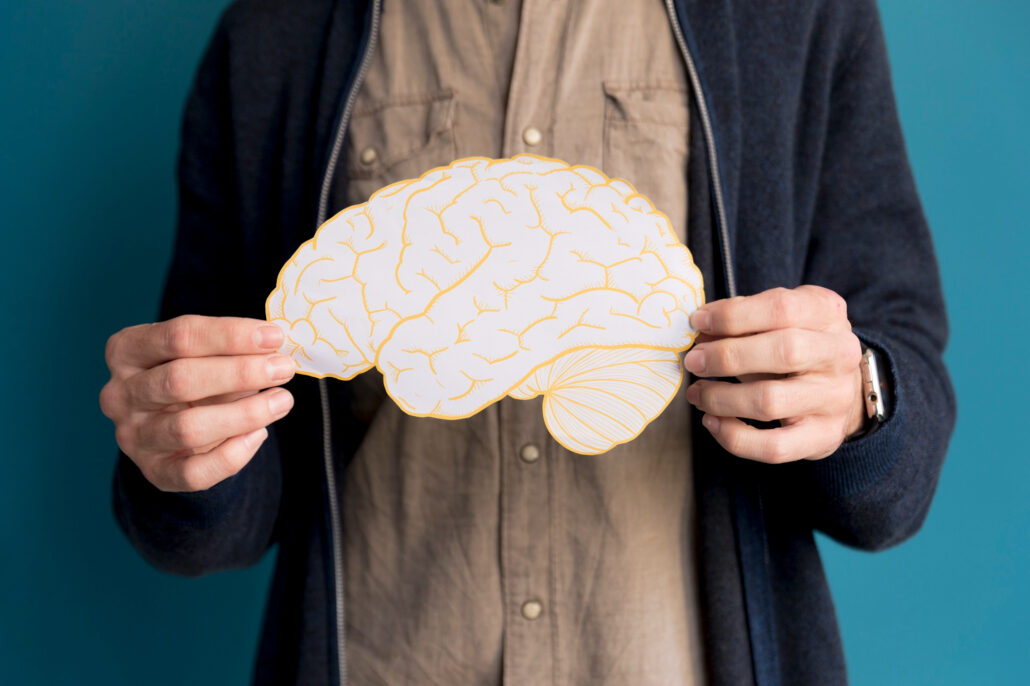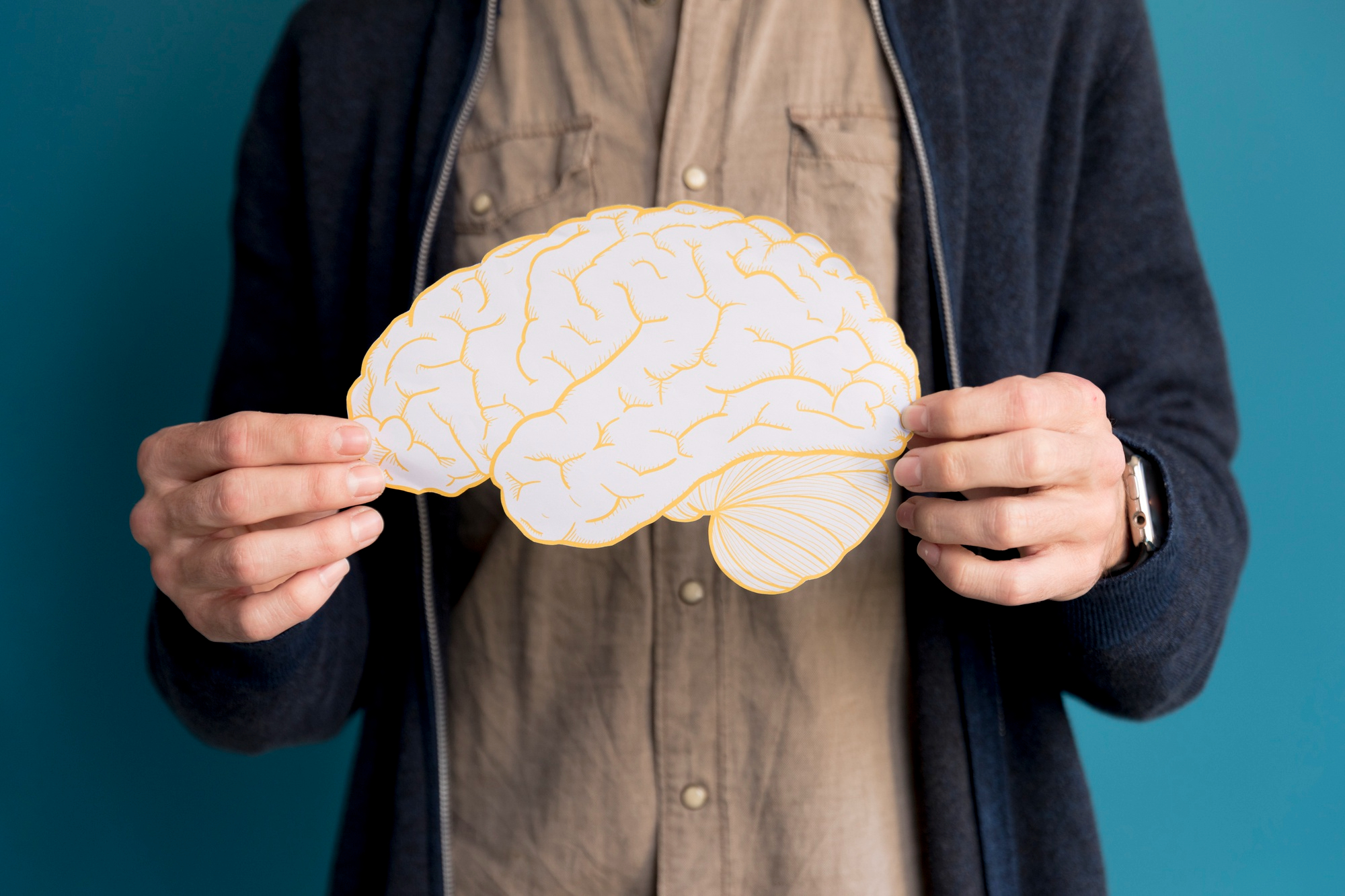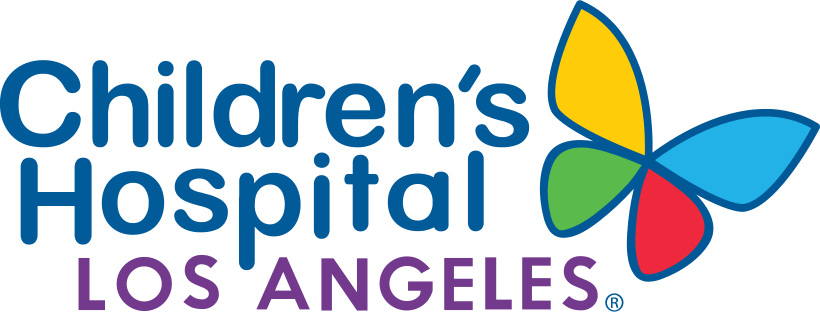Brain Imaging Research Study
Dr. Bradley Peterson and his research team at Children’s Hospital Los Angeles are partnering with generally healthy adults who do not have a history of trauma to develop a new behavioral treatment for trauma. Join our compensated study today!

Fast Facts

18-65 Years Old

No History of Trauma

Compensation Provided

LA, Ventura, Kern, San Bernardino, Orange, & San Diego Counties
Study Background
The Effects of Very Brief Exposure on PTSD
This research study aims to develop a new behavioral treatment for future patients with PTSD, phobias, and a wide range of other fear- and trauma-related conditions in a variety of clinical populations. This is based on a strategy called Very Brief Exposure (VBE). The study will use fMRI brain scans to assess brain activity in response to VBE stimuli.
Participation will take about 2 hours in total over 2 study visits. You may be eligible for this study if you are a healthy adult without current mental health conditions or history of trauma.
Your participation may help researchers improve treatment approaches for fear- and trauma-related conditions.
This research study is located at Children’s Hospital Los Angeles: 4050 Sunset Blvd, Los Angeles, CA 90027.

Study Background
The Effects of Very Brief Exposure on PTSD in U.S. Combat Veterans

This research study aims to develop a new behavioral treatment for future patients with PTSD, phobias, and a wide range of other fear- and trauma-related conditions in a variety of clinical populations. This is based on a strategy called Very Brief Exposure (VBE). The study will use fMRI brain scans to assess brain activity in response to VBE stimuli.
Participation will take about 2 hours in total over 2 study visits. You may be eligible for this study if you are a healthy adult without current mental health conditions or history of trauma.
Your participation may help researchers improve treatment approaches for veterans and other populations in the treatment of fear- and trauma-related conditions.
This research study is located at Children’s Hospital Los Angeles: 4050 Sunset Blvd, Los Angeles, CA 90027.

Additional Information
This study is being done to learn more about how fear works in the brain and whether a larger study for PTSD treatment is feasible. The information from the research will be used to develop a new behavioral treatment for a wide range of fear and trauma-related conditions.
You may qualify for this study if you meet the following criteria.
Key Criteria:
- 18-65 years old
- No history of traumatic events
- No major psychiatric disorders (e.g., bipolar disorder, schizophrenia, PTSD)
- No PTSD diagnosis
- Able to undergo an MRI (no non-removable metal on or in your body)
This research study is voluntary. Once enrolled, this study involves:
Visit 1: virtual interviews and assessments
Visit 2: in person interviews/assessments and MRI
Your total time commitment will be about 2 hours.
Compensation is provided up to $225 for your time. Transportation reimbursement is also available.
There is no cost for you to participate in our research study.
- Interviews: You could feel embarrassed or uncomfortable about questions that you are asked in the study. You can choose to skip or stop answering any questions that make you feel uncomfortable.
- MRI Scan: Lying still on the scanning table may be slightly uncomfortable. Sometimes people say that during the MRI scan, they feel a funny “tingling.” Some people feel nervous when they are inside the scanner because they do not like small spaces.
- Stimulus viewing: The stimuli that you will likely be able to see will be scenes from combat. You may experience some fear/anxiety at those times. At no point will you be in danger, and the fear/anxiety will pass shortly after.
- Confidentiality: As this study involves the use of your identifiable, personal information, there is a chance that a loss of confidentiality may occur. The researchers have procedures in place to lessen the possibility of this happening.
For further information, you can e-mail the study team at brainimaginglab@chla.usc.edu or call (323)361-6456.

